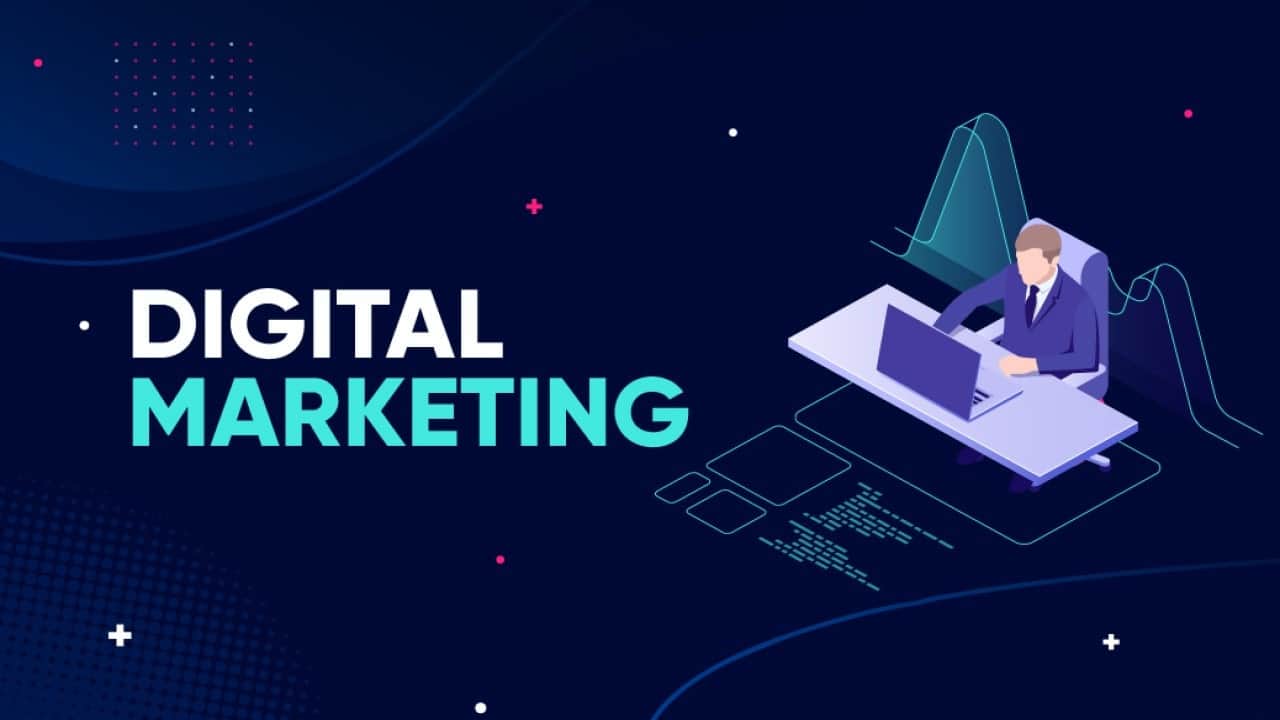
In today’s hyper-connected world, digital marketing has become a cornerstone for businesses seeking to reach and engage with their audience. It encompasses a broad range of strategies and tactics aimed at promoting products, services, and brands through digital channels. This article delves into the core components of digital marketing, offering a comprehensive overview of the strategies that businesses can employ to thrive in the digital landscape.
Understanding Digital Marketing
Digital marketing refers to the use of digital technologies and platforms to promote products and services. Unlike traditional marketing, which relies on mediums like print, television, and radio, digital marketing leverages online channels such as search engines, social media, email, and websites. The primary advantage of digital marketing is its ability to target specific audiences with precision, track performance in real-time, and adapt strategies quickly based on data insights.
Core Components of Digital Marketing
Search Engine Optimization (SEO)
SEO is the process of optimizing a website to rank higher in search engine results pages (SERPs). This involves keyword research, on-page optimization (such as meta tags and content quality), and off-page optimization (like backlinks and social signals). The goal of SEO is to increase organic traffic to a website, making it more visible to potential customers searching for related products or services.
Content Marketing
Content marketing focuses on creating and distributing valuable, relevant, and consistent content to attract and engage a target audience. This can include blog posts, articles, videos, infographics, podcasts, and more. Effective content marketing builds brand authority, fosters customer loyalty, and drives conversions by addressing the needs and interests of the audience.
Social Media Marketing
Social media platforms like Facebook, Instagram, Twitter and LinkedIn are powerful tools for connecting with audiences. Social media marketing involves creating and sharing content, engaging with followers, and running paid advertising campaigns. It helps businesses build brand awareness, generate leads, and foster community engagement through direct interaction with users.
Email Marketing
Email marketing is a direct form of communication that allows businesses to reach their audience through their inbox. This strategy involves sending newsletters, promotional offers, and personalized messages to a segmented list of subscribers. Email marketing is highly effective for nurturing leads, driving sales, and maintaining customer relationships due to its personalized and targeted nature.
Pay-Per-Click (PPC) Advertising
PPC advertising involves paying for ads that appear on search engines, social media platforms, and other websites. Advertisers bid on keywords and pay a fee each time their ad is clicked. Google Ads and Facebook Ads are popular PPC platforms. This method provides immediate visibility and can be precisely targeted to reach specific demographics, making it an essential component of many digital marketing strategies.
Affiliate Marketing
Affiliate marketing is a performance-based strategy where businesses reward affiliates (partners) for driving traffic or sales to their website through the affiliate’s marketing efforts. Affiliates use various methods, such as blogs, social media, and email marketing, to promote products and earn a commission on conversions. This approach leverages the affiliate’s audience and expertise to expand a business’s reach.
Influencer Marketing
Influencer marketing involves partnering with influencers—individuals with a significant online following and influence over their audience—to promote products or services. Influencers can create authentic and engaging content that resonates with their followers, thereby boosting brand visibility and credibility. This strategy is particularly effective on social media platforms where influencers have a strong presence.
Key Metrics and Analytics
Digital marketing success is measured through various key performance indicators (KPIs) and analytics. Some important metrics include:
Traffic: The number of visitors to a website.
Engagement: Interactions with content, such as likes, shares, comments, and time spent on site.
Conversion Rate: The percentage of visitors who take a desired action, such as making a purchase or filling out a form.
Return on Investment (ROI): The revenue generated from digital marketing efforts compared to the cost of those efforts.
Click-Through Rate (CTR): The ratio of users who click on an ad to the number of total users who view the ad.
Analyzing these metrics helps businesses understand the effectiveness of their digital marketing strategies and make data-driven decisions to optimize their campaigns.








